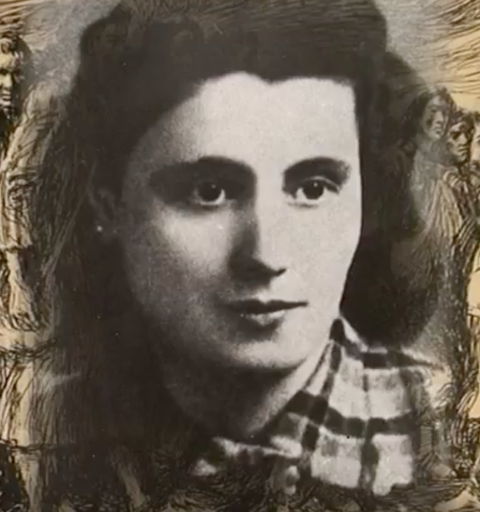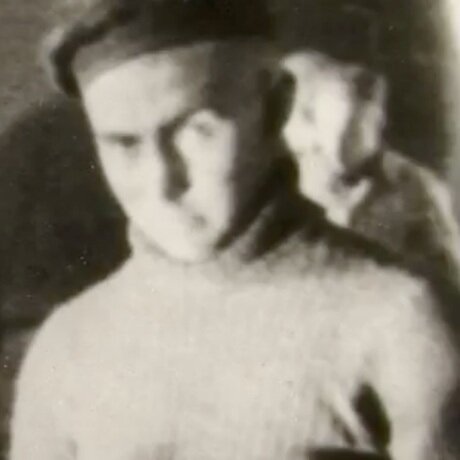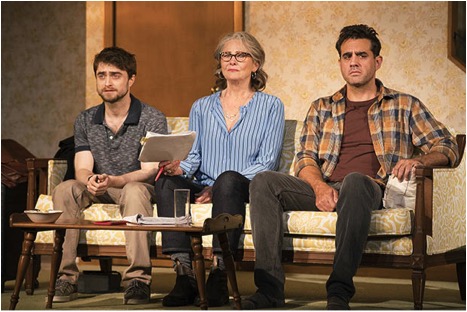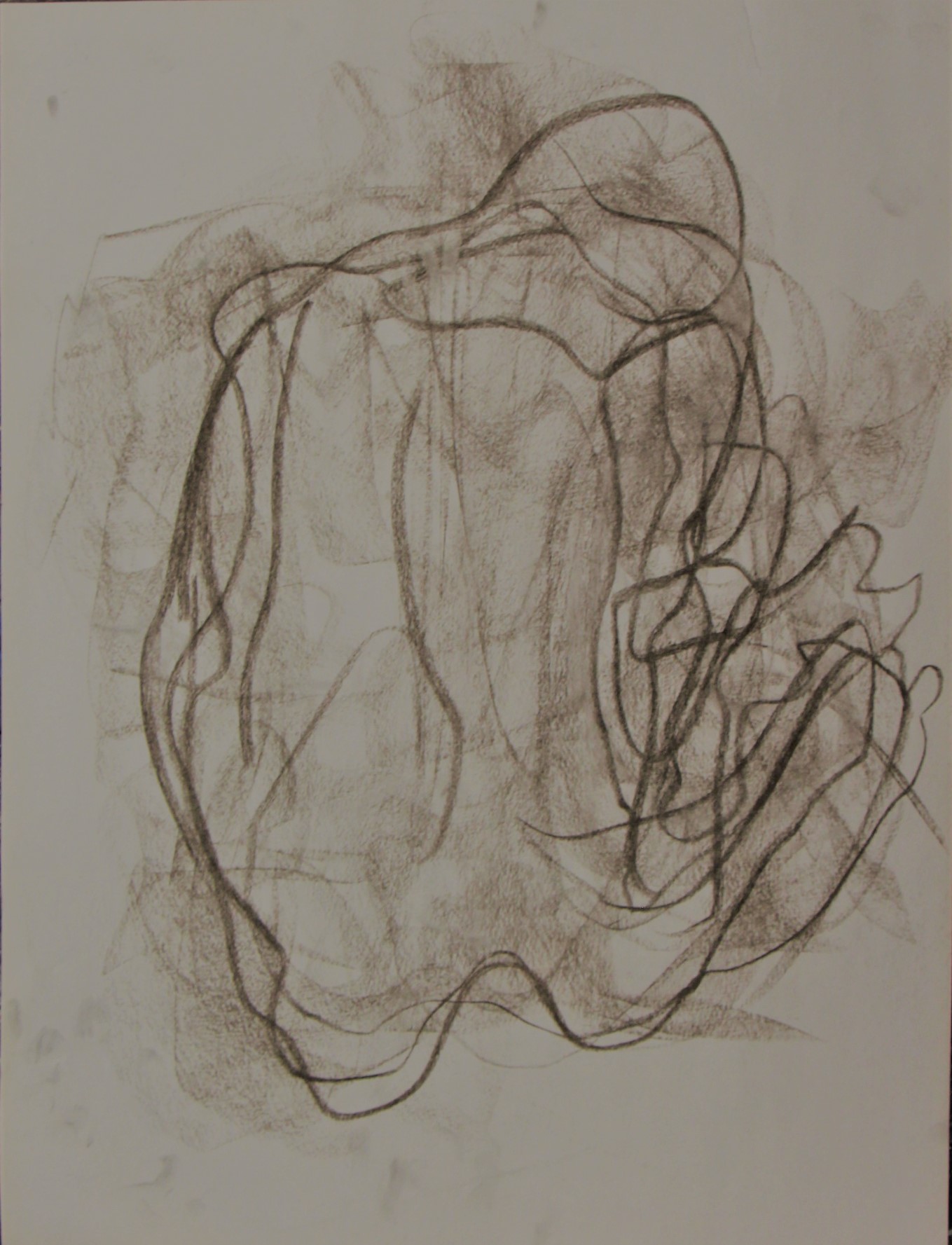OHMA is excited to let you know about opportunities available this year to work with Columbia's Oral History MA Program students and invite you to participate in our fieldwork partners and internship programs. Please feel free to share this email with others who may be interested.
There are two different ways to work with our students:
Fieldwork Partner: we are seeking organizations or projects with which students can partner to conduct three interviews as part of their fall fieldwork course.
Fieldwork partners will be required to work with the student to create a brief project design, ensuring that their work will both serve the needs of their partner and fulfill their requirements for the course. The main expectation of partners is that they will connect students with narrators so that they can do three interview sessions in October and November, 2019. Students and fieldwork partners work together to negotiate any other deliverables, such as indexes or edited excerpts. Here is the syllabus from last year's class, so that you can see what we are asking of students and partners.
Internship host: OHMA students are able to undertake internships for credit. They may be involved in any phase of the oral history process, from designing a project to conducting interviews, processing an archive, or creating a public presentation using oral histories. Students will be expected to negotiate a work agreement with their sponsoring organization or project in advance, complete a certain number of hours of work (100-200, depending on how many credits they want), and reflect on their experience.
Internships can be for fall 2019, spring 2020, or summer 2020, and can even stretch over more than one semester. Especially in the summer, internships do not need to be based in NYC. Sponsoring organizations or projects will be expected to create a work plan, supervise, train, and mentor the interning student, and evaluate their work. Internships may be paid or unpaid, although it is preferable if students can be compensated. Here is our internship guide, which has more information on the program. Internships can also be open to alums and students can do an internship on a non-credit basis - in this case OHMA plays less of a role in supervising the internship.
Any given project or organization may elect to participate in one or both of these programs. We will be collecting a list of potential fieldwork partners and internship sponsors over the summer, which will be shared with interested students in August. Please be aware that there is a chance that you may be willing to host a student but we will not be able to place a student with you.
If you are interested in being a fieldwork partner, please fill out this survey by August 18th.
If you are interested in hosting an intern, please fill out this survey by August 18th.
Amy Starecheski, Director at the Oral History Master of Arts Program at Columbia University, will follow up in early August with those of you who are interested in working with our students. Please feel free to contact her if you have any questions.



















